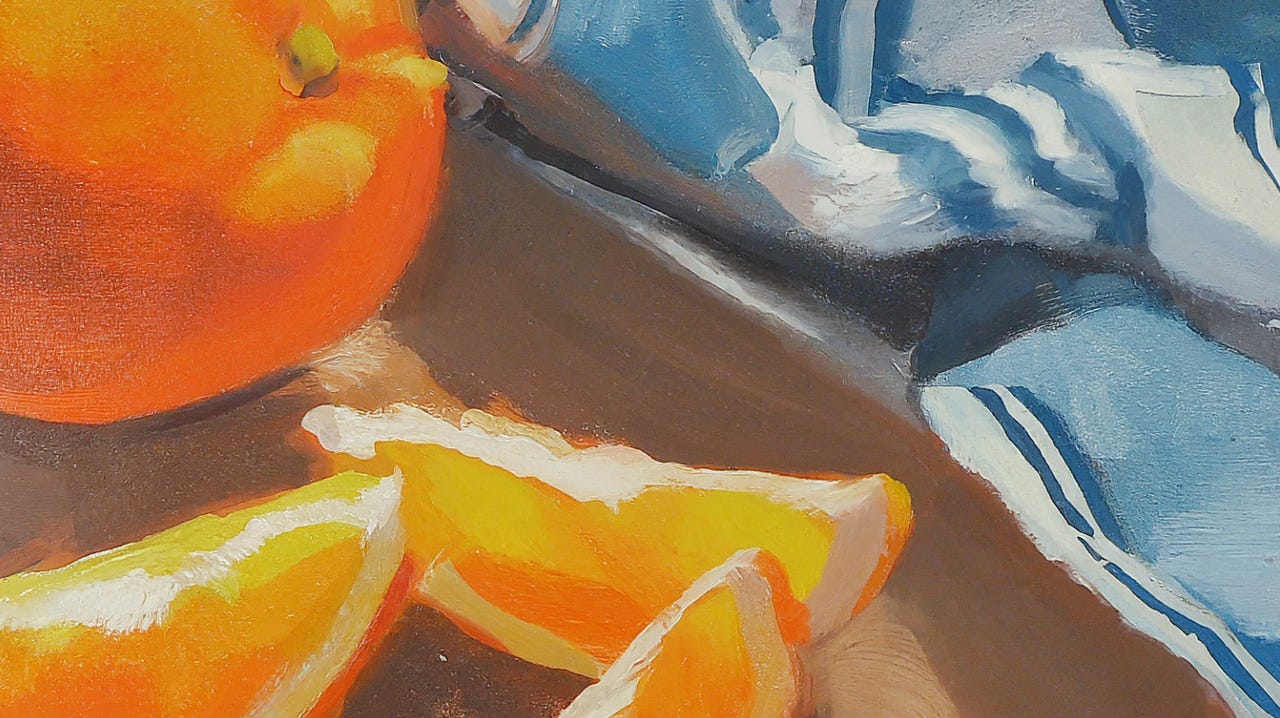
Google was quick to join the AI race, rushing to get its own AI chatbot, Google Bard, on the market. However, the company took an entirely different approach in the AI image generator space, declining to launch its capable Imagen model to the public — until now.
On Thursday, Google announced a series of AI updates. The biggest highlights were in the image-generating space, including a brand new image generator, as well as the ability to generate images in Bard.
Also: 5 reasons to sign up for Google Labs and how to do it
ImageFX is a new image-generation tool that users can use to generate images from text the same way they would with any other AI model, such as DALL-E 3.
However, Google’s spin on the AI image generator features a prompt interface that includes “expressive chips,” which furthers user creativity by allowing them to experiment with “adjacent dimensions of your creation and ideas,” according to Google.
Users can access the tool in Google Labs, the company’s experimental platform in which users can test out the company’s early ideas for features and products, such as the Search Generative Experience (SGE).
Also: I’m taking AI image courses for free on Udemy with this little trick – and you can too
The tool is powered by Imagen 2, Google’s most advanced text-to-image model, developed by Google DeepMind and released last month. Google claims it can generate its highest quality images, even rendering challenging tasks such as human faces and hands realistically.
Imagen 2 will also be found in Google Bard, giving the chatbot the ability to generate images for the first time. All you need to do is ask Bard to generate a photo using a conversational prompt, and Bard will be able to generate a high-quality image. The feature is available starting today in most countries in English.
Also: Google’s AI video generator tech is pretty amazing. See for yourself
Google is also infusing Imagen 2 across its offerings, including Ads, Duet AI in Workspace, SGE, and Google Cloud’s Vertex AI.
To address concerns regarding the misuse of AI image generators, Google reassured users that it has implemented the necessary guardrails to prevent generating violent, offensive, and sexually explicit content.
Also: Microsoft’s big bet on AI seems to be paying off
Additionally, all images generated with Imagen 2 will be watermarked with SynthID, a tool developed by Google DeepMind that watermarks photos in a way that is imperceptible to the human eye but can be used for identification.
When you look at the “About this image” insights in Search and Chrome, it will show whether the photo was generated using Google’s AI tools.







